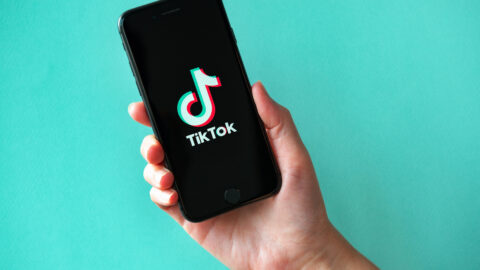Seeking information via the legal system, Amazon has filed a lawsuit against the administrators of more than 10,000 Facebook groups that try to orchestrate fake reviews in exchange for money or free products. The groups allegedly recruit individuals to post incentivized and misleading reviews for hundreds of products sold on Amazon stores in the U.S., the UK, Germany, France, Italy, Spain and Japan.
One of the groups identified in the suit is “Amazon Product Review,” which had more than 43,000 members until Meta took down the group earlier in 2022. Amazon’s investigations revealed that group administrators attempted to evade Facebook’s detection in part by obfuscating letters from problematic phrases that would otherwise be flagged.
“Our teams stop millions of suspicious reviews before they’re ever seen by customers, and this lawsuit goes a step further to uncover perpetrators operating on social media,” said Dharmesh Mehta, VP of Selling Partner Services at Amazon in a statement. “Proactive legal action targeting bad actors is one of many ways we protect customers by holding bad actors accountable.”
Amazon has more than 12,000 employees worldwide tasked with protecting its stores from fraud and abuse such as fake reviews, which the ecommerce marketplace strictly prohibits. This team investigates these schemes and reports them to social media platforms including Instagram, TikTok and Twitter. Since 2020, Amazon has reported more than 10,000 of these groups to Meta, which has taken down more than half of these groups for policy violations and continues to investigate others. Amazon’s investigators also use tools to detect and block fake reviews, proactively stopping more than 200 million suspected fake reviews in 2020 alone.
Restaurants have been the target of review-based extortion attempts using the Google platform, according to reporting in Nation’s Restaurant News. These fraudsters allegedly leave multiple one-star reviews for a restaurant and then demand digital gift cards in exchange for taking them down. Dozens of restaurants across the country have been targeted, according to the New York Times.
Famed New York restaurant Le Pavillon was one of the targets, as was Field & Tides in Houston, which received 20 to 30 one-star reviews (with no additional comment explaining the low scores) before receiving the threatening email. While Google has cooperated by removing the fake one-star ratings, several restaurants have fought back with their own social media campaigns, as well as deploying technology from online reputation companies including Merchant Centric.













